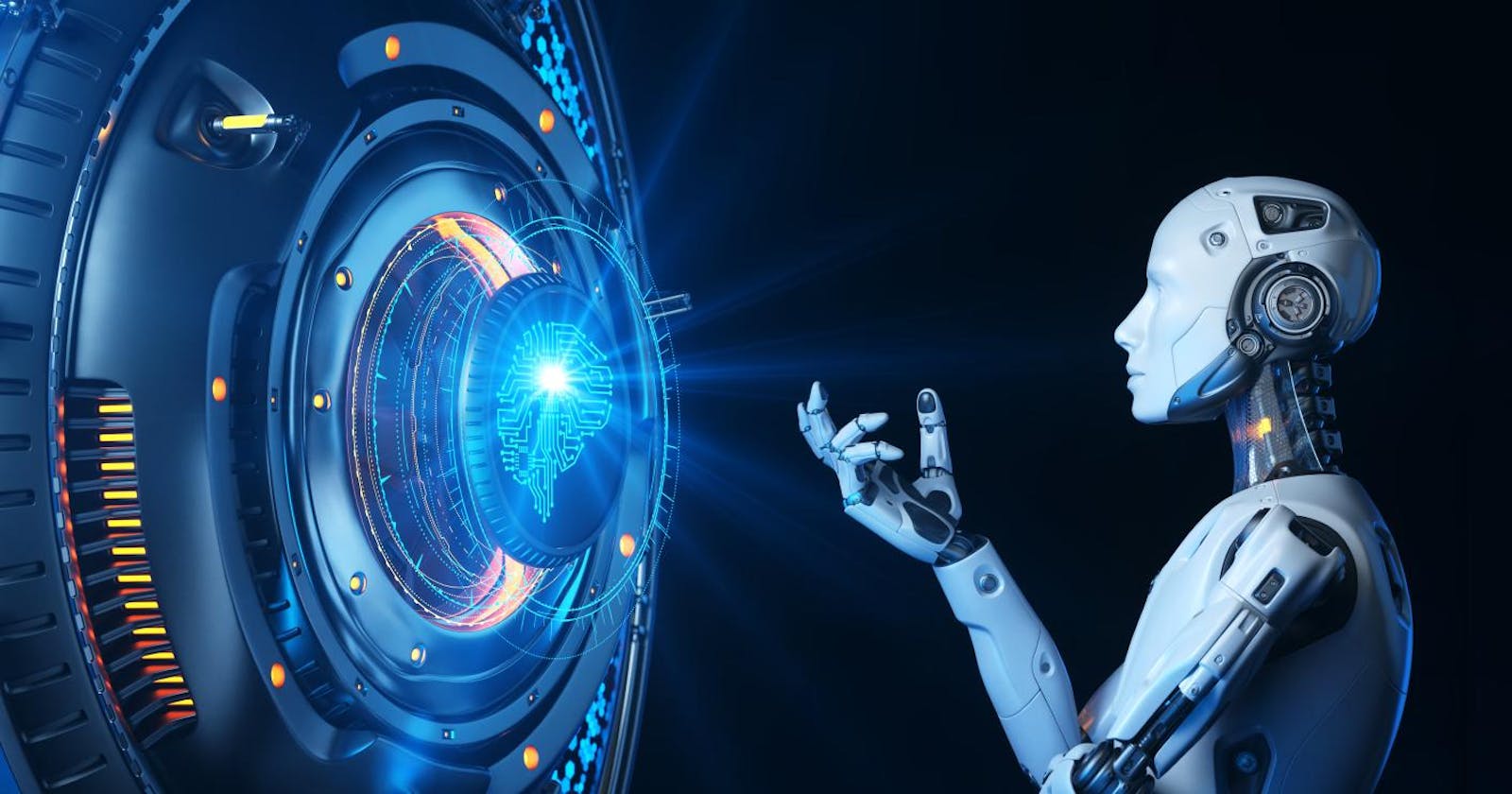Artificial Intelligence (AI) is a rapidly evolving field that has captured the imagination of many people, both in the technology world and beyond. With its ability to perform complex tasks faster and more efficiently than humans, AI has the potential to revolutionize the way we live and work. However, this potential is accompanied by concerns about its impact on society and the future of humanity.
One of the most common criticisms of AI is that it could become a threat to humanity if it were to evolve beyond our control. This fear is often fueled by popular science fiction movies and books that portray AI as an evil, autonomous entity that seeks to destroy humanity. However, these depictions are not based on scientific fact, and they do not accurately reflect the current state of AI technology.

The truth is that AI systems are only as dangerous as the humans who design and operate them. AI systems are not capable of self-awareness or autonomous decision-making. They are simply tools that perform tasks based on the data and algorithms that are provided to them. If an AI system causes harm, it is because it was designed to do so, either intentionally or due to a mistake.
It is important to remember that AI is not inherently good or evil. Instead, it is a neutral technology that can be used for both positive and negative purposes, depending on the intentions of those who use it. This is why it is crucial to ensure that AI systems are developed and used responsibly and ethically, taking into account their potential consequences and risks.
Another criticism of AI is that it could lead to job displacement and widespread unemployment. This concern is rooted in the fact that AI systems can automate many tasks that are currently performed by humans, such as data analysis, customer service, and even some forms of manual labor. However, while it is true that AI has the potential to disrupt certain jobs, it is also likely to create new jobs in areas such as AI development, maintenance, and regulation.

It is important to note that technological advancements have always disrupted the job market in the past, but they have also created new jobs and opportunities. For example, the industrial revolution led to the displacement of many manual labor jobs, but it also created new jobs in areas such as manufacturing, transportation, and communication. Similarly, the rise of the internet and computers led to the displacement of some jobs in areas such as typing and data entry, but it also created new jobs in areas such as web development and digital marketing.
The key to avoiding widespread unemployment as a result of AI is to invest in education and training programs that equip workers with the skills they need to adapt to the changing job market. This can include programs that teach people how to develop and maintain AI systems, as well as programs that help people acquire new skills in areas such as data analysis and digital marketing.
A third criticism of AI is that it could be used to perpetuate bias and discrimination. This concern is rooted in the fact that AI systems learn from the data that is provided to them, and if this data is biased, then the AI system will also be biased. For example, if an AI system is trained on data that contain implicit or explicit biases against certain groups, such as women or people of color, then the AI system may produce biased results when it is used to make decisions about these groups.

To mitigate the risk of AI perpetuating bias and discrimination, it is important to ensure that AI systems are trained on diverse and representative data sets and that they are regularly audited for bias and discrimination. Additionally, it is important to have policies and regulations in place that ensure that AI systems are used in an ethical and responsible manner and that any potential consequences and risks are taken into account.
The Way Forward
In conclusion, while it is true that AI has the potential to pose a threat to humanity, it is also a powerful tool that has the potential to solve some of the world’s most pressing problems. Moreover, it is important that we continue to educate the public about the benefits and risks of AI, and engage in open and honest discussions about how we want this technology to develop and be used. This will help us to build a shared understanding of what is acceptable and what is not, and to ensure that AI is used for the betterment of humanity, rather than its detriment.
The key to avoiding a dystopian AI future is to ensure that we design and develop AI systems with safety and ethics in mind and that we regulate their use to prevent unintended harm.
Thanks for reading up to this point :) Hope you have a great day ahead!
